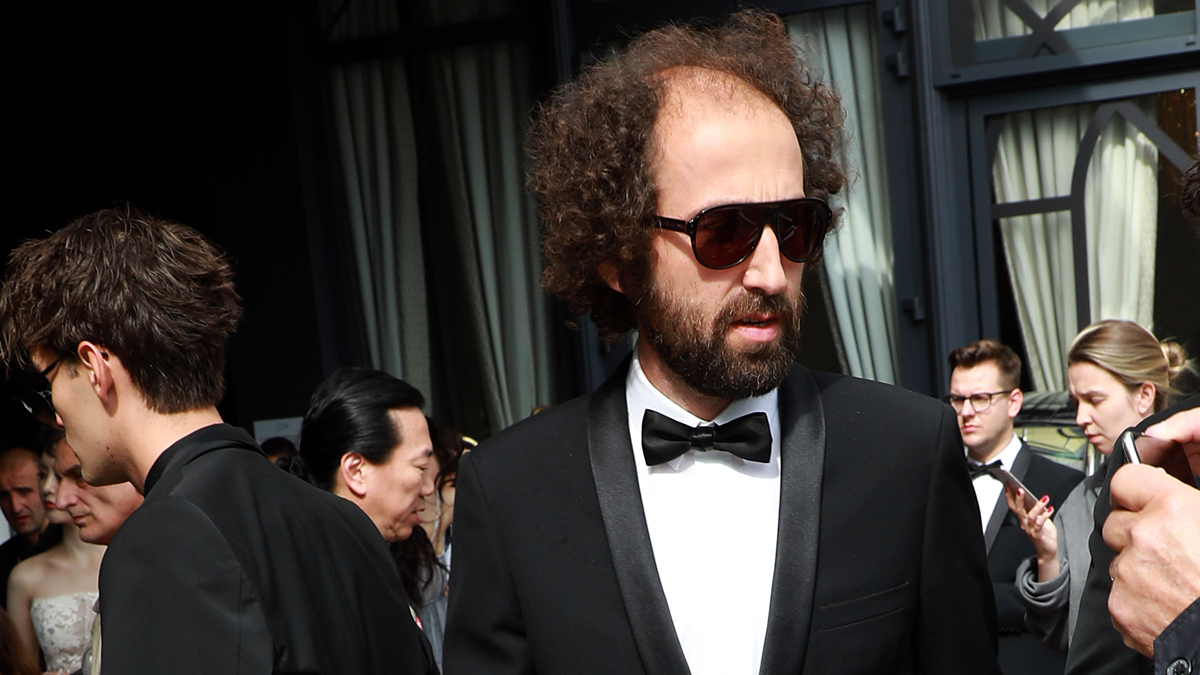
He may have spent half his life portraying himself as a be-helmeted robot, but it seems that former Daft Punk man Thomas Bangalter’s relationship with technology is more complicated than you might think.
In a rare interview, conducted to promote his score for new ballet Mythologies, which is released as an album on Friday, Bangalter was asked by the BBC for his thoughts on AI and its potential impact on music-making. However, it turns out that his views on machine learning and how it could affect humankind are more universal.
"My concerns about the rise of artificial intelligence go beyond its use in music creation," he says. "2001: A Space Odyssey is maybe my favourite film and the way [Stanley] Kubrick presented it is so relevant today - because he is asking exactly the question that we have to ask ourselves about technology and the obsolescence of man."
This cautionary attitude might seem at odds with Daft Punk’s wholehearted embrace of the robot look, but Bangalter’s view is this was akin to a “performance art installation that lasted for 20 years”.
Explaining further, he says: "We tried to use these machines to express something extremely moving that a machine cannot feel, but a human can. We were always on the side of humanity and not on the side of technology."
Although Bangalter doesn’t fully explain why Daft Punk broke up, he does reveal that "As much as I love this character, the last thing I would want to be, in the world we live in, in 2023, is a robot." What’s more, he says that only now, with a bit of distance, does he feel like he can shed any light on how the band operated, such as with the ‘behind-the-scenes’ tracks that appear on the 10th anniversary reissue of Random Access Memories, which will be released on 12 May.
"Daft Punk was a project that blurred the line between reality and fiction with these robot characters. It was a very important point for me and Guy-Man[uel de Homem-Christo] to not spoil the narrative while it was happening.”
You can read the full interview with Thomas Bangalter, in which he discusses the "crash course in orchestration" that he had to take in order to write his Mythologies score, on the BBC website.







